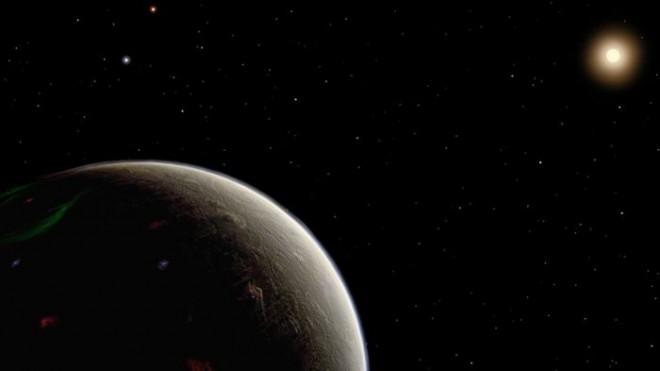
Planet Vulcan is the home to Star Trek's Spock, which doesn't exist. But new findings show that an exoplanet is orbiting the real star that Vulcan is said to be circling in Star Trek.
In 1991, Gene Roddenberry had written a letter to Sky and Telescope about what star the planet Vulcan was going to orbit. In that letter, he chooses one such star, 40 Eridani. Afterwards, 40 Eridani was featured in a handful of scenes of Star Trek: Enterprise.
The 40 Eridani is a triple star system situated around 17 light-years from the Earth. The primary star, 40 Eridani An, is around 84 per cent as massive as our sun. The other two stars in the system are substantially smaller and circle ten times as far from the principle star as Pluto circles from the sun.
While 40 Eridani may not be the biggest but it is certainly closer to us, considering the massive expanse of the galaxy, and the universe. Its distance makes it a decent focus for researchers searching for planets around different stars. As of late, researchers at the Fairborn Observatory working with the Dharma Planet Survey investigated 40 Eridani and found a planet surrounding it, much the same as Gene Roddenberry said it would.
The newly found planet may really not have occupants with pointy ears. What we do know is that it is about double the size of the Earth and circles its host star once every 42 days. Such a short orbital period implies that this planet is found close to its star, making it hot and dry. It's probably not going to have any life, by some stretch of the imagination.
This makes this newly-found planet the first found by the Dharma Planet Survey, which is on a lookout for planets around close-by stars, clearly with hopes of finding more.
It is, however, an interesting subject to ponder upon that which way of life adapts on other planets and does life only appear in a form where humans can see themselves surviving on it. Or could life have different, unique adaptations utterly different from the perceptions of humans - that is the larger question until evidence arrives.















